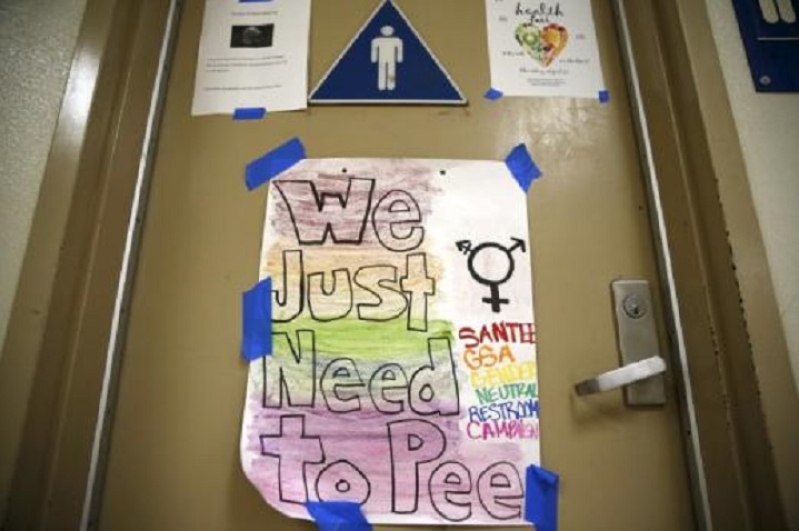
Four churches have filed a lawsuit against the Massachusetts transgender bathroom law in a bid to protect their freedom to speak and act according to their beliefs.
Horizon Christian Fellowship, Faith Christian Fellowship, Abundant Life Church and House of Destiny Ministries are also seeking suspension of the law’s enforcement against the churches while the lawsuit is ongoing.
The lawsuit, filed by Alliance Defending Freedom on behalf of the churches, said the transgender bathroom law that was signed by Gov. Charlie Baker in July and took effect in October would “force churches to open church changing rooms, shower facilities, restrooms, and other intimate areas based on their perceived gender identity, and not their biological sex, in violation of the churches’ religious beliefs,” ADF said on its website.
The Massachusetts transgender bathroom law prohibits discrimination against transgender people and allows them to use public restrooms that correspond to their gender identity. Places of public accommodation, as defined by the state Attorney General Maura Healey, include houses of worship.
In addition, the Gender Identity Guidance released by the Massachusetts Commission Against Discrimination states that “it is a violation of the law for any individual to aid or incite another in making a distinction, discriminating against or restricting an individual from a place of public accommodation on the basis of gender identity.”
In other words, enforcement of the law would also effectively restrict what pastors preach about sexuality and the distinction between male and female as defined by the Bible.
Pastors or church members who stick to teaching the Biblical definition of genders could end up in jail if transgender people attending church events that are “open to the public” hear such teachings and complain of discrimination.
“Neither the commission nor the attorney general has the constitutional authority to dictate how any church uses its facility or what public statements a church can make concerning a deeply held religious belief, such as on human sexuality,” ADF Senior Counsel Steve O’Ban said.
Jillian Fennimore, spokeswoman for the Attorney General, said the lawsuit is being reviewed but maintained that the transgender bathroom law upholds the civil rights of people who have not been protected “for too long.”
"We are pleased that we finally have a law in place that protects transgender people from discrimination in public places,” Fennimore said. “This law is about civil rights and is critical for people who were without full protection and equality under the law for too long."
The Massachusetts Family Institute, an organization that opposes the transgender bathroom law, conducted a signature campaign to put a repeal question on the November ballot. MFI recently announced on its website that its campaign to repeal the transgender bathroom law has been certified.







